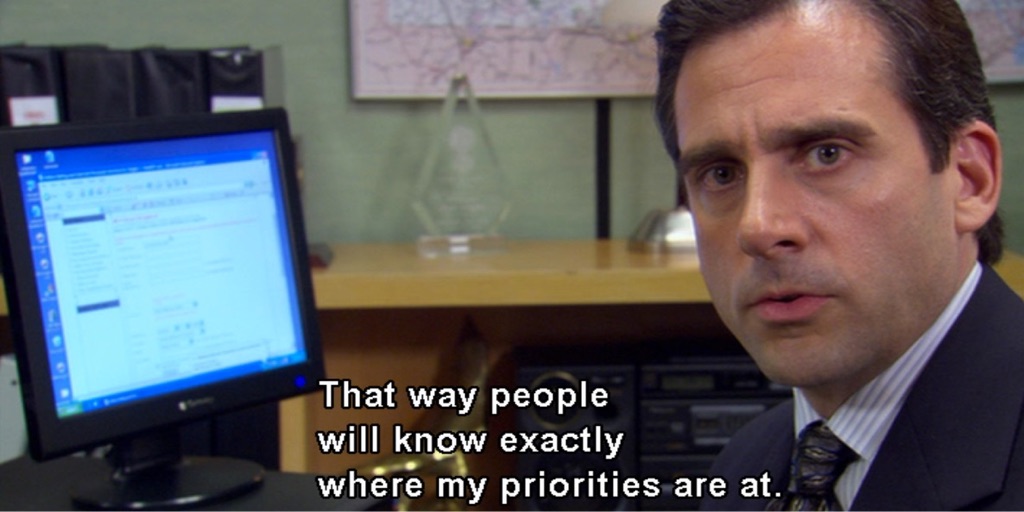 Twitter strategy might be shifting and the implications for our personal and business experience could be profound.
Twitter strategy might be shifting and the implications for our personal and business experience could be profound.
Source: www.businessesgrow.com
If you’re in social media marketing, you probably cringe at the mention of the word EdgeRank. I know I do, because it makes me think of how frustrating it is that even the best of my brand’s Facebook content might not be seen by more than 200 or 300 of our 57,000 fans unless I spend money to promote it.
Brace yourselves, social marketers, because algorithms just like Facebook’s EdgeRank might be coming to Twitter. In this post by our friend Mark Schaeffer, you can learn about some of the reasons why Twitter is thinking about implementing this, including the pressure from investors now that Twitter has gone public.
Mark brings up some great points for both sides like the fact that, with so many active users, “an unfiltered news stream can seem overwhelming,” but one of the best things about Twitter is that it’s completely unfiltered because it allows for news to break in real time; something we see happening more and more each day.
According to Mark – and most marketers including myself happen to agree – Twitter will ultimately end up implementing an algorithm that determines what updates you see depending on elements like trending topics and interaction history, which will make organic reach plummet which would effectively eliminate the main differentiator of Twitter from Facebook.
What can do you, then, to prepare for this change?
Read More















 Why I’ve decided to stop taking “content” gigs and other journalists should, too.
Why I’ve decided to stop taking “content” gigs and other journalists should, too.












